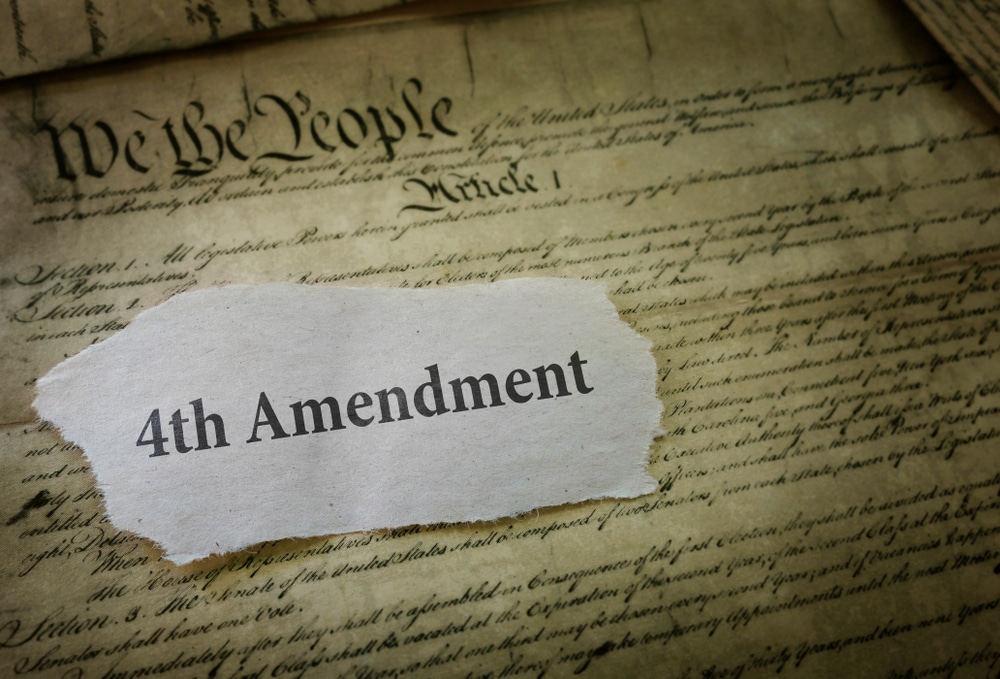The NYC criminal defense firm of D’Emilia Law often receives questions from clients about criminal records and how to seal or remove them.
We will address some of the most commonly asked questions here and provide some updates.
Could you explain the difference between expungement and record sealing?
An expungement means an entire deletion of an arrest or criminal charge. Sealing a criminal record is not a deletion; the criminal record still exists, but a someone will need a court order to view its contents.
Expungements are not allowed in New York. But an update to New York criminal conviction sealing law in 2017 (§160.59) allows you to seal some criminal records under certain conditions.
What are the conditions for sealing my adult criminal record?
Generally, just two criminal convictions may be sealed, and only one of them can be a felony (which is more severe than a misdemeanor). If you were convicted of several crimes for the same criminal act, they may be treated as a single conviction for sealing purposes. For example, this detail is critical for someone convicted of burglary, who was also charged with breaking and entering and other related offenses.
Before a judge will consider sealing your criminal record, you must meet certain conditions. The New York State Senate details what criteria you must meet to seal a criminal record:
- At least 10 years must have passed between your sentencing or release from prison – whichever is later – and your application to the court;
- You have no current or pending criminal charges;
- You have no recent criminal convictions;
- You have not already obtained sealing of the maximum number of convictions allowed; and
- You have two convictions or less on your criminal record. This means that you have no more than two misdemeanor convictions or one felony and one misdemeanor conviction.
What would disqualify me from having certain convictions sealed?
Many violent crimes and felonies are not eligible for sealing. For example, if the crimes exhibited a significant public threat, then they will not be considered. Offenses that cannot be sealed include:
- Most sex offenses, including those that require sex offender registration;
- Those defined by statute as “violent crimes,” even if no actual violence was involved;
- Class A felonies, the most serious crimes under New York law; and
- Certain other felonies defined in the statute.
I believe my record meets the criteria above. What should I do next?
Consult with an experienced NYC criminal defense lawyer to be completely certain of your eligibility. They should follow the law’s process for applying to have your criminal records sealed. The New York City Bar suggests:
- Prepare an application to seal criminal records with required supporting documents, including the certificate of disposition for the conviction and a sworn statement of the reasons the conviction should be sealed, along with any other documentation that supports your argument for sealing.
- Submit the entire application, along with supporting documentation, to the judge who sentenced you, or if that judge is no longer sitting in a court in New York, to another judge sitting in the court where you were convicted. If you are attempting to seal more than one criminal record at the same time, you must present your application to the court in which you were convicted of the more serious crime.
- Serve the application and supporting documentation on the District Attorney of the county where the conviction was obtained. The District Attorney has 45 days to notify the court if he or she objects to your application for sealing.
You should also know that sealing a criminal record will come with additional varying costs. But these costs are worth the investment in your future. The law’s update helps people put certain events behind you; a 10-year-old conviction will no longer keep you from qualifying for jobs, loans and other critical life events.
D’Emilia Law maintains that an arrest is not the end of your life. And the skills of NYC criminal defense lawyers can prevent a conviction from haunting you through the years.
For more information about §160.59 and your rights, you can also visit the New York State Senate and the New York City Bar.











